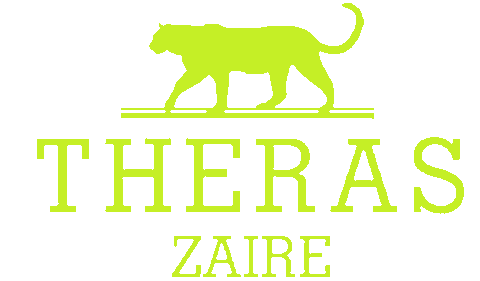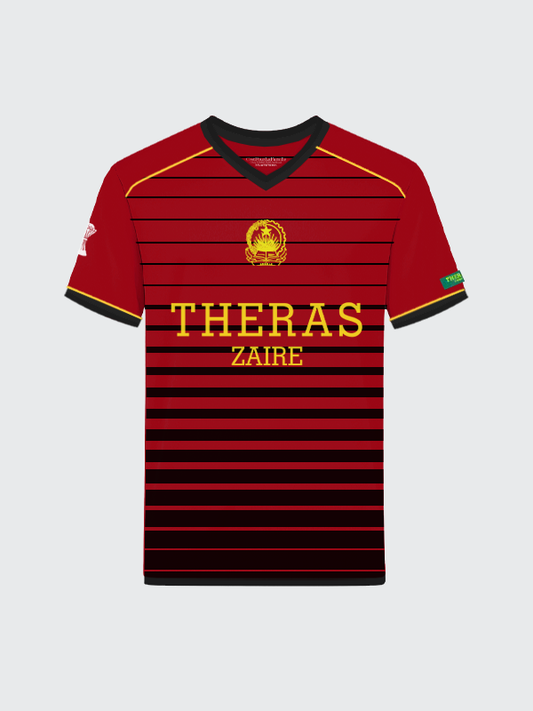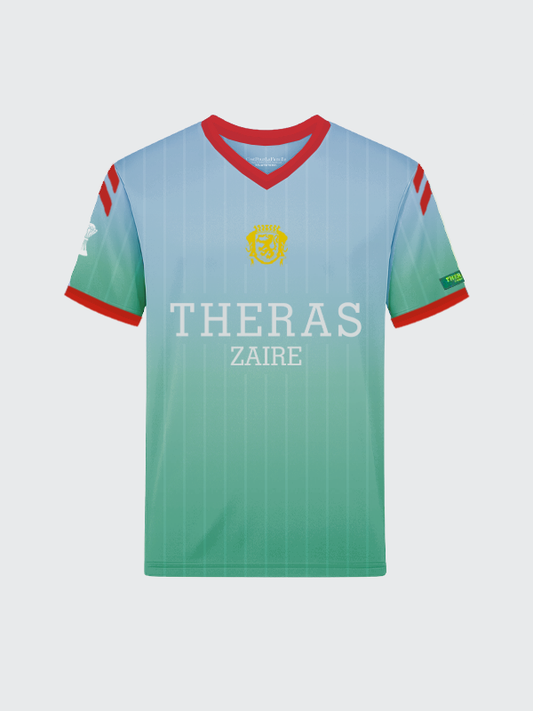𝐋𝐚𝐠𝐨𝐬 𝐅𝐖 𝟐𝟎𝟐𝟓 (14th Edition): How Lagos is Shaping the Future of African Fashion
Since its launch in 2011, Lagos Fashion Week (LagosFW) has become the beating heart of African fashion. More than a runway event, it is a cultural, economic, and social platform that brings together designers, entrepreneurs, buyers, journalists, and tastemakers from around the world.
In recent years, LagosFW has proven to be a catalyst for African creativity, linking local talent with international markets while championing sustainability and innovation.
As we move into the 2025 edition, it is essential to look back at the key milestones of 2023 and 2024—two years that defined new directions for African fashion.
 LagosFW 2023: The Post-Pandemic Resurgence
LagosFW 2023: The Post-Pandemic Resurgence
The 2023 edition of LagosFW was widely celebrated as the year the event came back in full force after the disruptions caused by the pandemic.
Key Highlights of 2023:
- Fashion Focus Africa Program: introduced a new wave of designers, including Bola Yahya (Nigeria) and Muyishime Vanessa (Rwanda), focusing on gender-fluid design and cultural storytelling.
- Green Access: emphasized circular fashion, spotlighting brands working with recycled fabrics and zero-waste practices.
- Business Conversations: panel discussions tackled supply chain resilience and the urgent need for infrastructure to support Africa’s growing fashion economy.
What made LagosFW 2023 remarkable was the global attention it received. Media outlets such as Vogue, The Business of Fashion, and CNN Style covered the event, solidifying Lagos as a serious competitor to Johannesburg, Dakar, and Cape Town in the African fashion circuit.
LagosFW 2024: The Year of Global Breakthroughs
If 2023 was about resurgence, 2024 was about international consolidation. LagosFW became the bridge between African designers and global luxury markets.
Key Highlights of 2024:
- Kenneth Ize presented a collection fusing Nigerian aso oke weaving with European tailoring, later showcased in Paris.
- Orange Culture (Adebayo Oke-Lawal) explored themes of masculinity and vulnerability, gaining international praise.
- Nkwo Onwuka showcased her sustainable denim project, Dakara, earning recognition from global sustainability awards.
- Fashion Business Series hosted collaborations with the British Fashion Council and LVMH scouts, proving that Lagos is no longer isolated but interconnected with global networks.
- The LagosFW Showrooms grew significantly, allowing buyers from Europe, the U.S., and Asia to purchase directly from African designers.
2024 positioned LagosFW as Africa’s answer to Paris and Milan, a place where tradition meets modernity, and where sustainability is not a trend but a necessity.
LagosFW 2025: What to Expect
Building on the success of 2023 and 2024, LagosFW 2025 promises to be the most ambitious edition yet.
Expected Highlights:
- Next-generation designers from Nigeria, Ghana, South Africa, and Kenya will showcase their collections.
- Expansion of the Green Access initiative, focusing on climate-resilient textiles and biodegradable fabrics.
- The Fashion Business Series 2025 will explore digital fashion, AI in design, and blockchain solutions for authenticity.
- Regional collaborations with Dakar, Accra, and Cape Town to strengthen Africa’s fashion ecosystem.
- Youth-driven creativity, with programs that train photographers, filmmakers, and stylists, ensuring the fashion industry remains interdisciplinary.
 Omoyemi Akerele: The Visionary Behind LagosFW
Omoyemi Akerele: The Visionary Behind LagosFW
At the center of LagosFW is Omoyemi Akerele, founder of Style House Files. A lawyer turned fashion entrepreneur, she has been instrumental in transforming Nigerian fashion into an engine for cultural pride and economic growth.
In her own words:
“Fashion in Nigeria is more than clothing—it is empowerment, community, and future.”
Her leadership has created opportunities for hundreds of designers and artisans, while also drawing foreign investment into Nigeria’s creative economy.
Designers Who Define the Moment
Across 2023, 2024, and now 2025, several designers stand out as flagbearers of the African fashion renaissance:
- Kenneth Ize (Nigeria) – redefining West African weaving traditions.
- Orange Culture (Nigeria) – a global voice in gender-fluid fashion.
- Maki Oh (Nigeria) – blending Yoruba storytelling with couture craftsmanship.
- Thebe Magugu (South Africa) – the first African to win the LVMH Prize.
- Selly Raby Kane (Senegal) – Afrofuturism and urban creativity.
- Larry Jay (Ghana) – sustainability rooted in cultural heritage.
The Economic Impact of LagosFW
According to UNESCO and McKinsey reports, Africa’s fashion industry already generates over $15 billion annually, with Nigeria holding one of the largest shares.
- In 2023, LagosFW contributed to a surge in local textile production.
- In 2024, international buyers increased direct orders, boosting export potential.
- In 2025, projections suggest LagosFW could help Nigeria capture a larger portion of the $2.5 trillion global fashion market.
The multiplier effect is clear: LagosFW is not only about fashion—it creates jobs in design, retail, photography, logistics, and digital content creation.
LagosFW vs. Other African Fashion Weeks
While fashion weeks exist across Africa, LagosFW continues to stand out:
- Dakar Fashion Week – known for community-driven shows and pan-African pride.
- South African Fashion Week (SAFW) – polished and sustainability-focused.
- Accra Fashion Week – experimental, rich in Ghanaian symbolism.
- Cape Town Fashion Week – luxury-oriented with strong global ties.
- Nairobi Fashion Week – innovation at the crossroads of tradition and modernity.
Yet, Lagos remains the most influential, attracting global fashion media, buyers, and investors.
Why LagosFW 2025 Matters for the Future of Fashion
The future of fashion is African, and Lagos is leading the way. By merging heritage and modernity, sustainability and innovation, LagosFW is not only changing how the world perceives African fashion—it is reshaping the global industry itself.
Omoyemi Akerele summarizes this vision:
“The time when African fashion was an afterthought is gone. Today, Lagos is where the future is being designed.”
From the rebirth of 2023 to the international expansion of 2024, and now the visionary platform of 2025, Lagos Fashion Week is more than an event—it is a movement of cultural pride, economic empowerment, and creative leadership.





